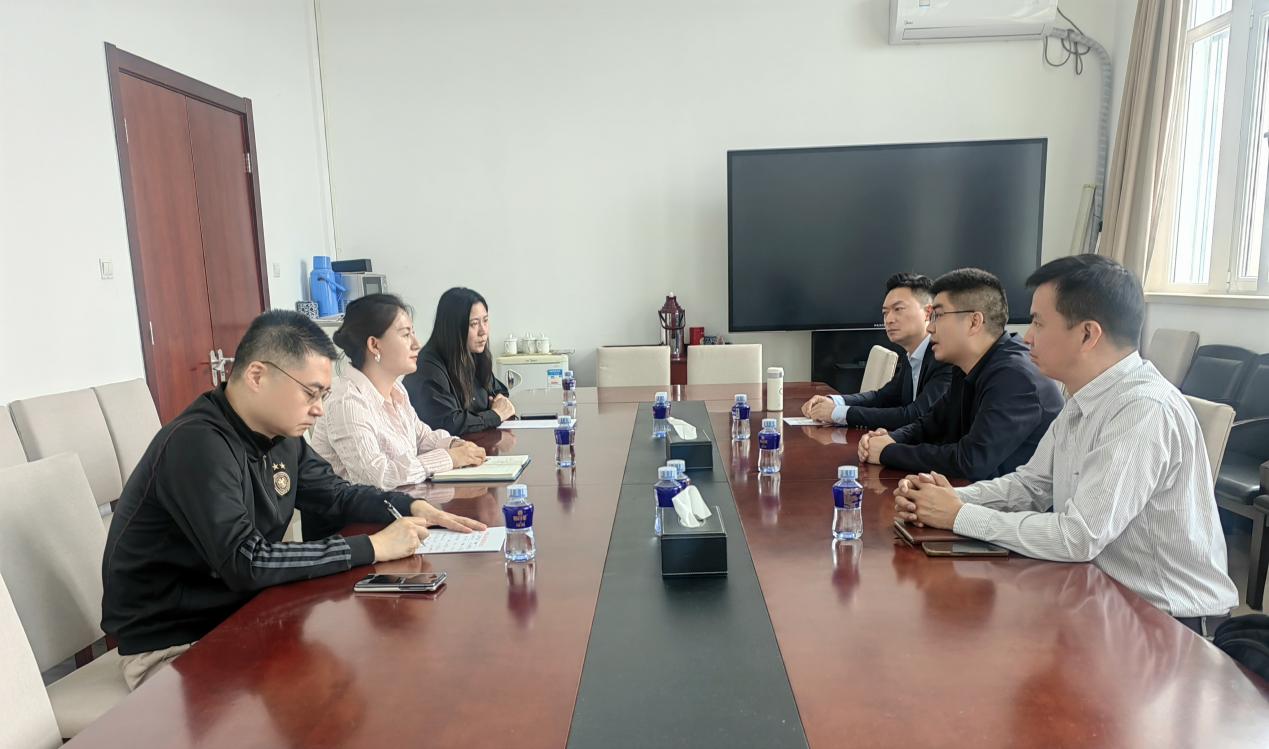Beijing Wankun Technology Co., Ltd. recently donated 500,000 yuan to the Ecological Restoration Public Welfare Fund of the China Foundation for Human Rights Development (CFHRD), officially launching the ecological protection for the Kunlun region in Xinjiang Uygur Autonomous Region.
This project focuses on ecological protection in the Kunlun Mountain area in Cele County, Hotan Prefecture, northwest China's Xinjiang Uygur autonomous region. It plans to build a 100-kilometer-long green ecological corridor along the Gobi Highway to help consolidate the local achievements in sand prevention and improve the ecological environment, injecting new impetus into the ecological security and sustainable development of the northwest border.

At the symposium on the Xinjiang Kunlun Ecological Protection Project held on May 8th, Wang Guanchao, vice county magistrate of People's Government of Cele County , introduced the county’s ecological protection situation.
According to Wang, Cele county is located on the southern edge of the Taklimakan Desert, with over 1.6 million mu (about 106,667 hectares) of desertified land, making ecological protection a formidable task. After completing the Taklimakan Desert Border Containment Project in 2024, local authorities are now advancing the second phase, called the "Desert Border Expansion Project". Through the construction of ecological corridors, this project precisely aligns with the current phase’s objectives, further exploring innovative approaches to ecological protection along the Gobi Highway.
Jia Huixia, director of the project department of the CFHRD, introduced the foundation's activities and the operation of the Ecological Restoration Public Welfare Fund.
Since its establishment in 2021, the Ecological Restoration Public Welfare Fund has cumulatively invested approximately 150 million yuan in related projects such as energy conservation, emission reduction, soil remediation and desertification control, introduced Jia.
This project will carry out ecological protection on both sides of the Gobi Highway in Cele County, including planting drought-resistant plants, building windbreak and sand-fixing forest belts and intelligent irrigation facilities, to form a green corridor that combines ecological protection and landscape functions, said Jia.
Tang Xu, executive director of the Ecological Restoration Public Welfare Fund, and Liu Yuxia, deputy director of the fund, attended the symposium.
